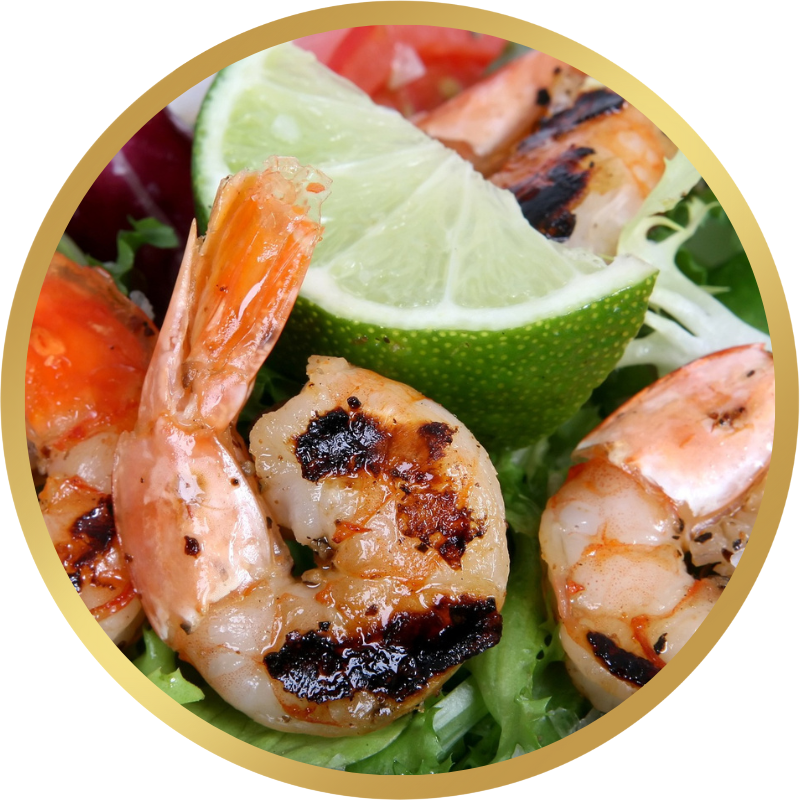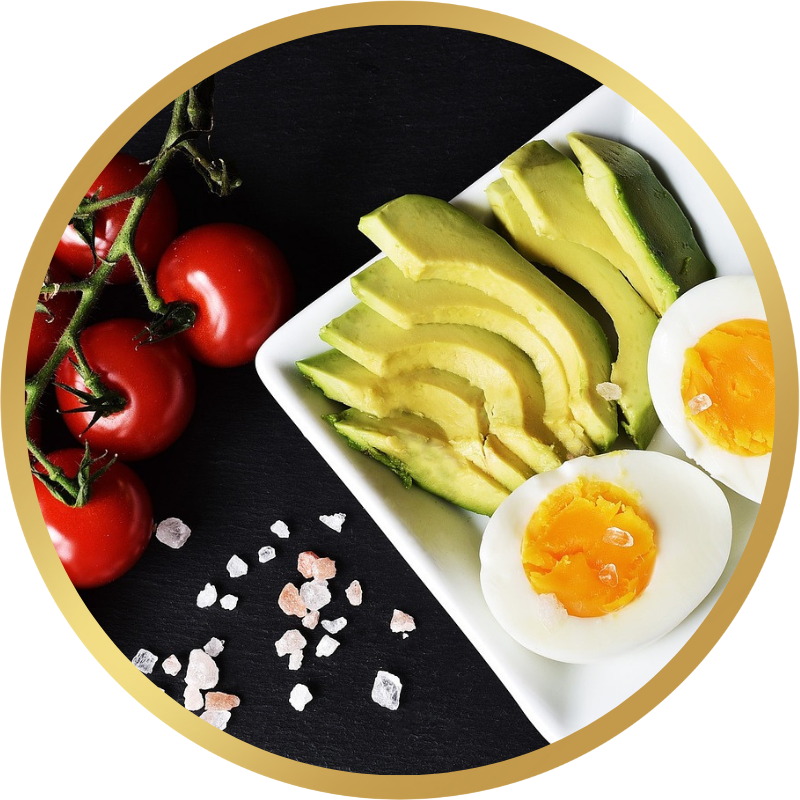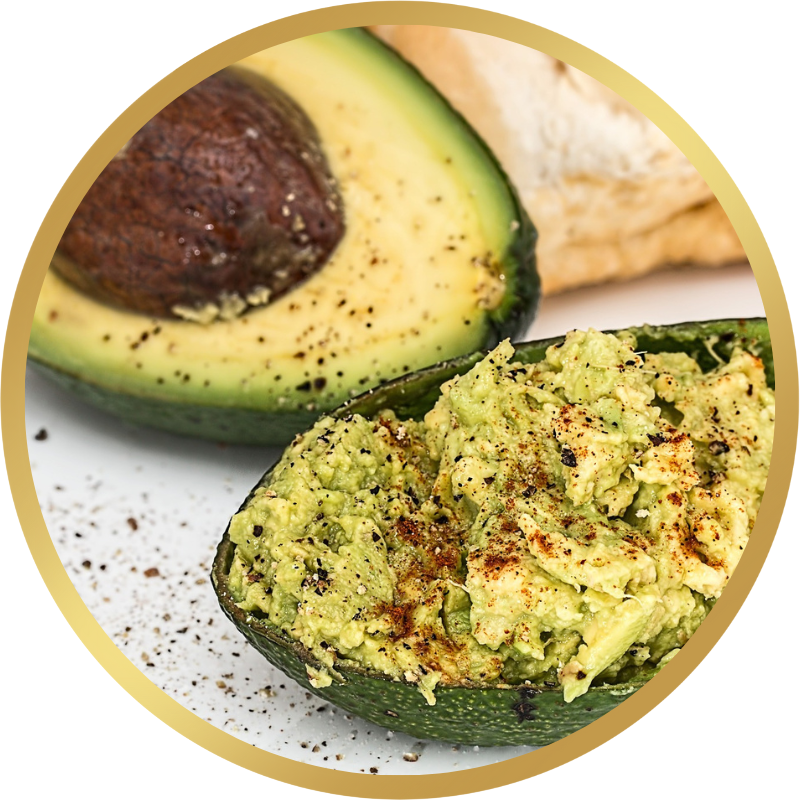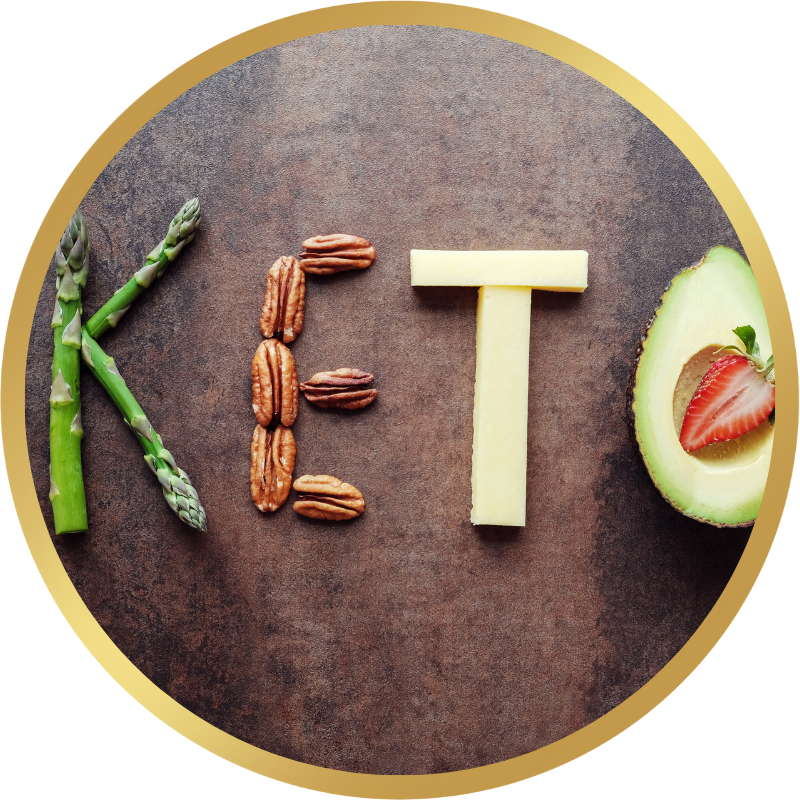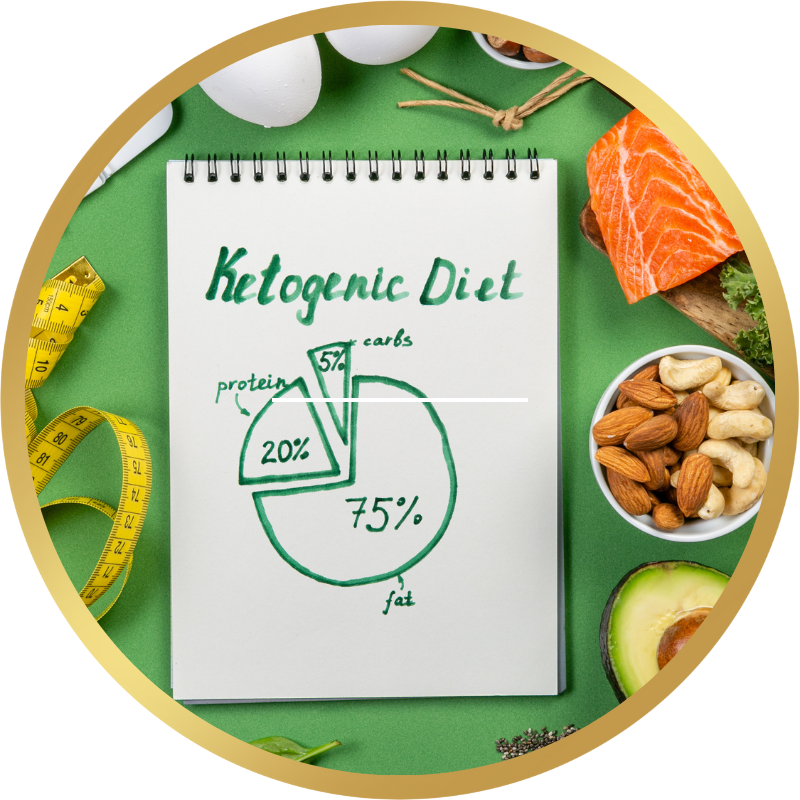Almond flour vs coconut flour: Here are the major differences
No wheat? No problem. Baking without using all-purpose, whole-wheat, or white whole-wheat flour doesn’t have to cramp your baking style. Whether you’re gluten-free or not, these days it’s both fun and (relatively) straightforward to bake muffins, cakes, breads, and cookies with alternative flours.
The secret to success? Understanding how these flours operate.
Flours may have different weights and moisture content, for example, so it’s often not quite as simple as swapping flours in 1:1 in your favorite recipes.
What Is Coconut Flour?
Coconut flour is made from dried coconut meat, a natural byproduct of coconut milk production. When coconuts are pressed for milk, bits of coconut meat remain, which are then dried at low temperatures and ground to a soft powder.
Is coconut flour gluten-free?
Yes! Coconut flour is naturally gluten-free and grain-free.
Can you substitute coconut flour for almond flour?
Generally, yes. However, it’s important to know coconut flour is more absorbent than almond flour, so you’ll likely need to adjust the amount of liquid you use, and increase the number of eggs in your recipe.
What Is Almond Flour?
Almond flour is exactly what it sounds like: flour made from almonds. It’s typically made from finely ground blanched almonds (with the skins removed)
Is almond flour gluten-free?
Yes! Almond flour is gluten-free and works for grain-free and paleo diets.
Is almond flour keto?
Definitely. Nuts and seeds are A-OK on a ketogenic diet, so add almond flour to your basket.
Is almond meal the same as almond flour?
Pretty much, but with a couple of key differences. The terms almond meal and almond flour are often used interchangeably, as both are made with finely ground almonds. However, almond flour is often more finely ground and offers a more uniform consistency. Also, products labeled “almond flour” use almost exclusively blanched almonds, while almond meal may use unblanched [5].
Baking With Coconut Flour
Coconut flour can be a welcome ingredient for paleo, gluten-free, and grain-free diets, but that doesn’t mean there aren’t any downsides. Here are some of the most common challenges associated with coconut flour—plus how to avoid them.
It’s a sponge
Coconut flour is known for being extra absorbent, which means it’ll soak up a larger amount of liquid than you think is possible.
It can be dry
Coconut flour’s high-absorbancy characteristic sometimes translates into dry baked goods. To counteract this effect, be sure to use plenty of eggs—egg whites’ protein provides structure, and the yolks add moisture.
It might be gritty
No one likes a gritty texture in muffins or pancakes. To smooth things out, sift your flour before combining it with wet ingredients.
It can be heavy
Absorbing all that liquid can leave your baked goods feeling heavy. Here’s a trick: Beat your egg whites until they hold stiff peaks, then gently fold them into your batter to help lighten up the end result.
How to Make Almond Flour
Almond flour is readily available in most grocery stores but DIY types can easily make it at home. Purchase a bag of blanched almonds, and pulse them in your food processor until finely ground. That’s it! Just sift the almond flour to remove any large pieces and you’re ready to bake.
Coconut Flour Vs. Almond Flour Nutrition Facts
When choosing which flour to use for all your baking needs, you may want to consider the differences in nutrition facts between almond flour and coconut flour to determine what best fits your needs.
For each 2 tablespoon serving, coconut flour has 70 calories, 11 grams of carbs, 3 grams of protein, and 8 grams of dietary fiber. Coconut flour is also a good source of iron (20% Daily Value) and potassium (8% Daily Value).
In 2 tablespoons of almond flour, you’ll get 80 calories, only 2 grams of carbs, 3 grams of protein, and 1 gram of dietary fiber. While coconut flour is a better source of dietary fiber, iron, and potassium, almond flour does contain iron (2% Daily Value) and calcium (2% Daily Value).





